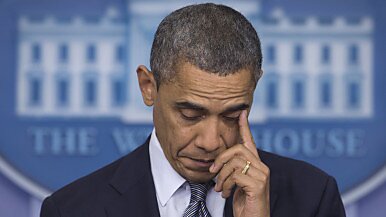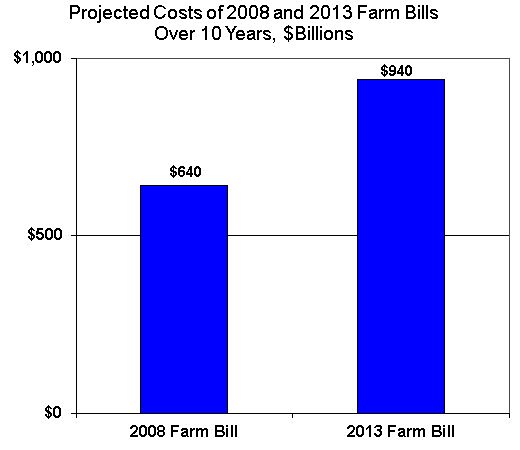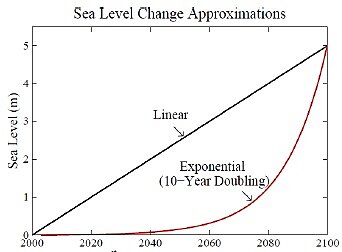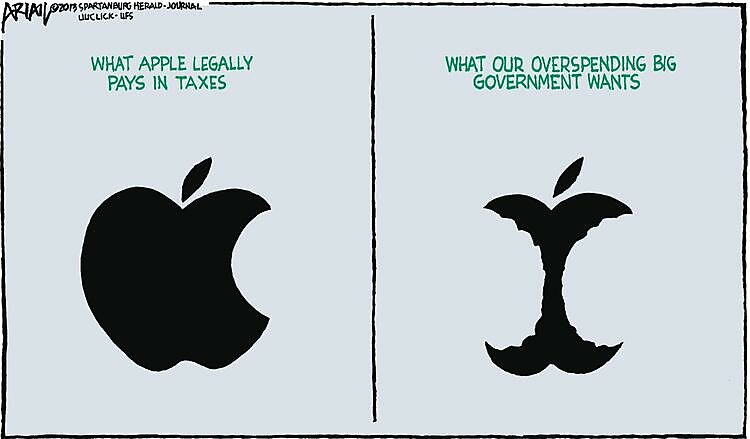Europe is slowly disarming. That really isn’t America’s business, but for the traditional expectation that America would fill the gap. That is ever less likely, however, as budget pressures slow U.S. military expenditures. Now the French are appear to be ready to do more in response.
European expenditures will continue on a downward path because Europe no longer faces any serious, let alone existential, threats. European Union leaders might talk about creating a continental foreign policy and military, but European peoples exhibit little interest in paying the resulting bill, especially with the continent in economic crisis.
This is a prescription for eventual European disarmament, but as I recently pointed out in National Interest online, hope is flickering in France. I explained:
France’s financial difficulties created pressure for additional cuts in military outlays. The Hollande government recently released its defense review, known as the Livre Blanc, or White Book. Although the government reduced its rapid deployment forces, it “opted to keep France’s air, ground and sea capabilities, while freezing defense budgets over six years,” noted the Economist. Outlays will shrink in real terms and as a percentage of GDP, but “Dark talk of the loss of 50,000 jobs proved unfounded. The planned yearly cuts will be smaller than under the previous president, Nicolas Sarkozy. France will maintain its capability for expeditionary warfare, and boost special forces.”
One reason Paris isn’t cutting as much as expected is Gallic pride. But the French White Book also noted that Americans will “prove more selective in their overseas engagements.” Thus, France must do more to maintain a global presence.
It’s a small step, but offers an important lesson for U.S. policymakers. Instead of whining about lower European military outlays, Washington should simply shed the burden of Europe’s defense. Then let the Europeans decide how to respond and bear the consequences accordingly.



